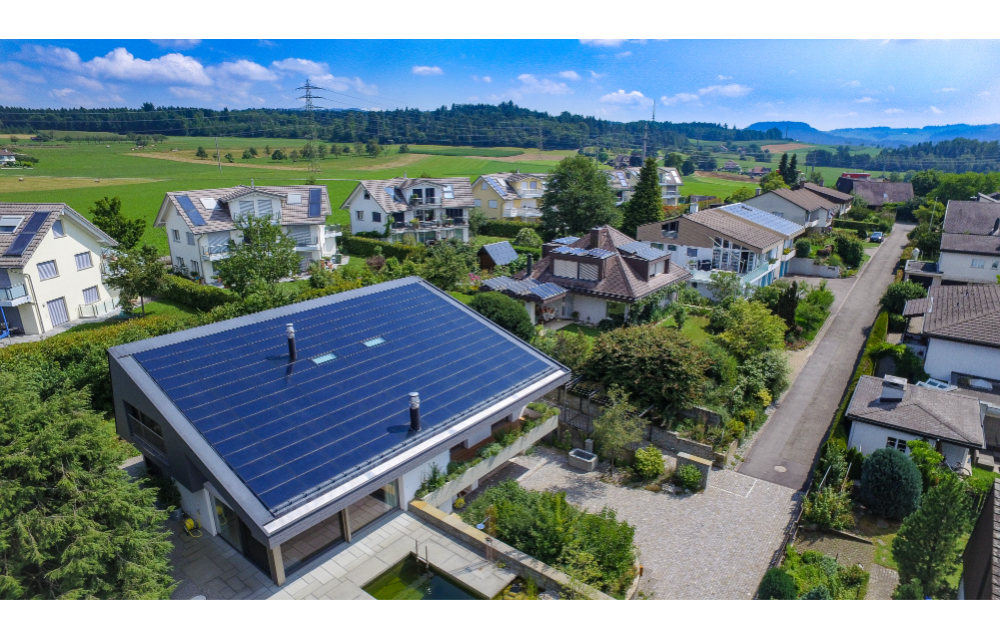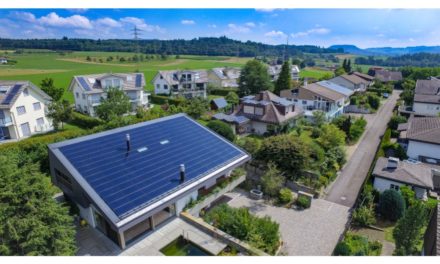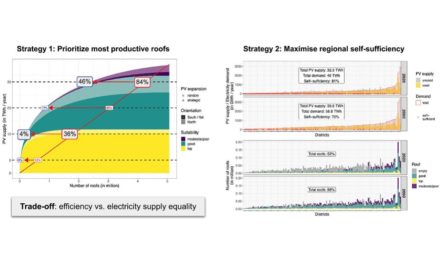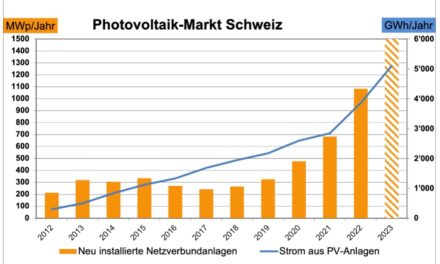- Switzerland has invited proposals for its revisions to the country’s renewable energy funding scheme
- Plans include a special incentive for PV systems with a minimum of 75°tilt angle as these encourage more electricity generation during winters
- The new measures will stay in effect between 2023 to 2030, as the current ones will expire by the end of 2022
The Federal Council of Switzerland has opened a consultation process to revise the current funding mechanism for renewable energy sources as solar PV, wind, geothermal with plans including winter bonus for solar PV systems.
The current funding mechanism of feed-in-tariff (FIT) is due to expire by the end of 2022. The new measures, expanded to include hydropower and biomass, will stay into effect till the end of 2030 once finalized.
Under the Energy Subsidy Ordinance (EnFV) solar PV systems not used for self-consumption as those on barn roofs and warehouses will be eligible to receive up to 60% of the investment costs as one-off payments. Such an amount will be determined through competitive auctions for projects with 150 kW and above capacity.
No auctions will be held for smaller PV systems, not used for self-consumption, with an output of between 2 kW and less than 150 kW. Projects with an output of between 2 KW and 5 kW will be eligible for CHF 200 grant.
One-off payments for all PV systems with more than 5 kW capacity will be abolished, and to encourage larger PV systems to use the entire rooftop area, projects with up to 30 kW capacity will get an additional funding of CHF 20. Additionally, the government has proposed to incentivize PV systems with at least 75°tilt angle as these are said to generate more electricity in the winter months.
“At CHF 100 per kW of installed capacity, the bonus is lower than for integrated (BIPV) systems (CHF 250/kW) because there are no integration costs. It can also be combined with the higher one-time payment for PV systems without self-consumption,” explained the council. “This additionally promotes production in the winter half-year and contributes to the security of supply in winter.”
Feedback and stakeholder comments will be accepted till July 8, 2022. Further details are available on the council’s website.
In February 2022, the council opened a consultation process to offer additional incentives for solar energy segment (see Additional Incentive For PV In Switzerland).















